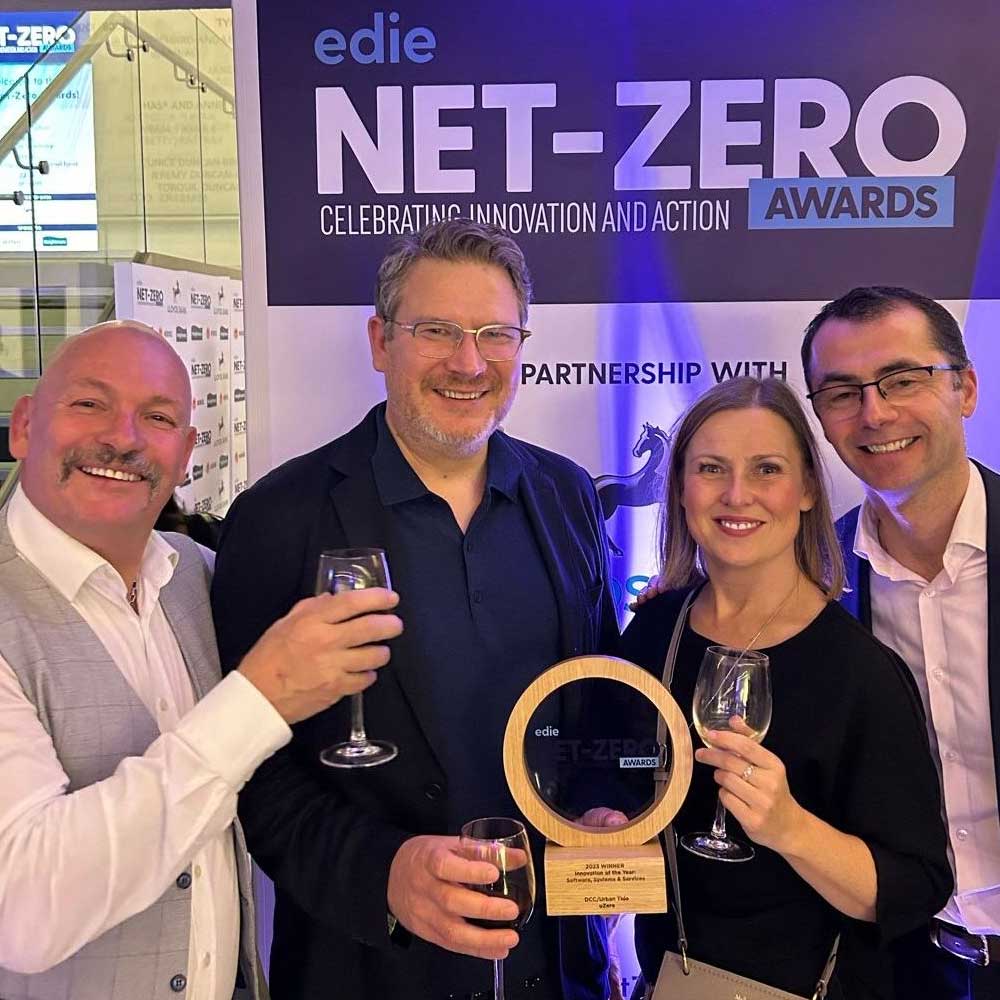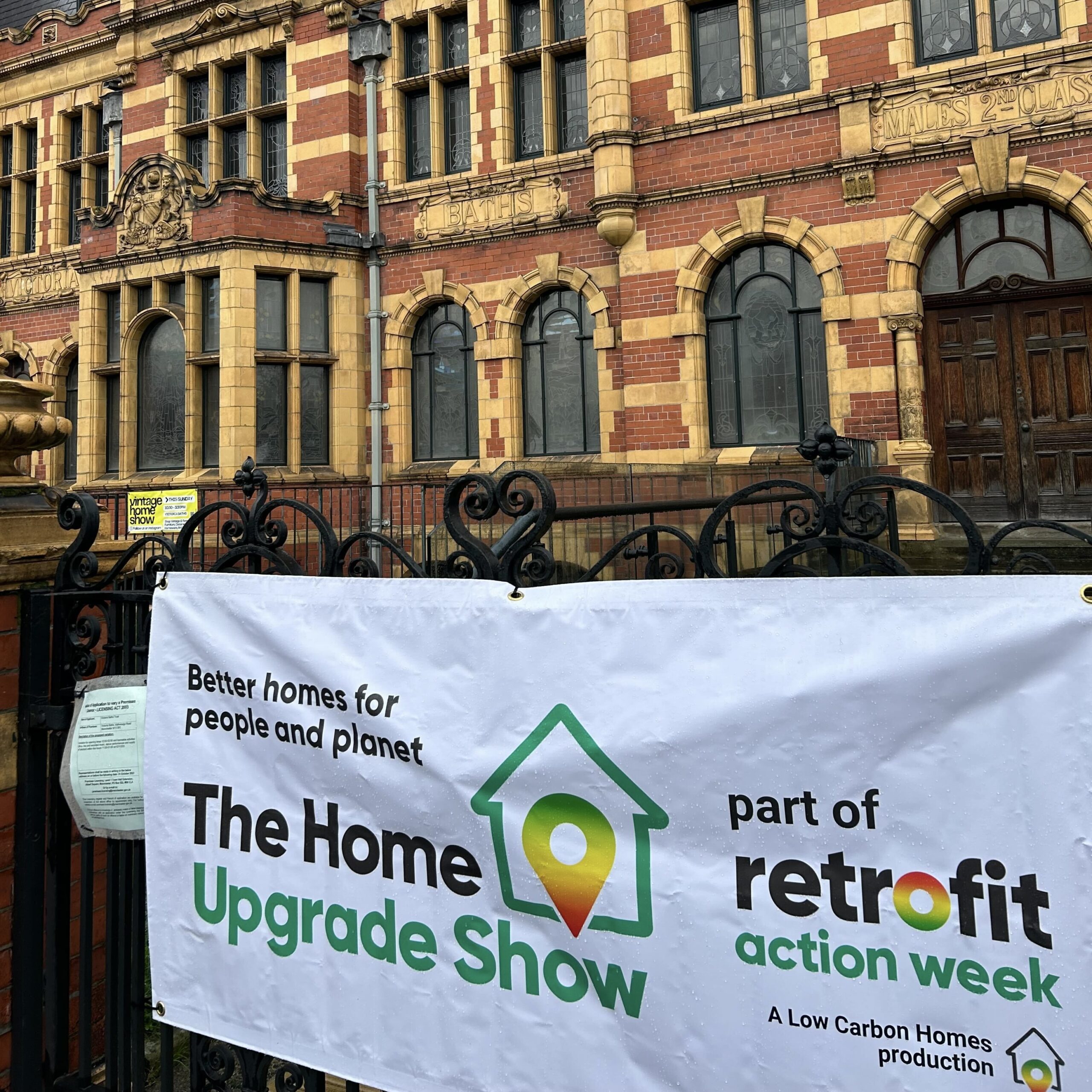North Lanarkshire Council.
UrbanTide partners with North Lanarkshire Council and Snook to make better services with data.
March 30, 2018

UrbanTide and Snook are working alongside North Lanarkshire Council on an exciting project that seeks to improve council services with data. The project involves taking a service design approach to Non Domestic Rates data to improve Council efficiencies, publish better data and identify ways to improve the internal data set to potentially increase revenue.

The intersection of data and service design is a challenging and exciting area. Data is a design material that researchers can use to gain a deeper understanding of challenges and create innovative solutions that reach beyond what service design or data alone could achieve. For data practitioners, service design can help widen the perspective, embedding service design approaches to maximise the benefit of data.
The project focused on the Freedom of Information (FOI) service for the area of non-domestic rates (NDR). Also called ‘business rates’, these are the taxes that businesses pay on the property where their business operates. The project also aimed to create an approach that could be replicated in other areas and inform the overall data publication strategy for the Council.
How UrbanTide's Smart data platform uSmart helped
We used uSmart's big data and analytics capability to process large open datasets and match them with the Non Domestic Rates roll data. This ensures that the data published about Non Domestic Rates is only on official companies, charities or others and not personal data or sole trader information. This service is now a reusable tool within the uSmart package.
Sharing the approach
We are sharing the tools created and approaches taken during the project in a toolkit. It builds on the Scottish Government Open Data Resource Pack and is designed to be read alongside this.
Although organisations are willing and often required to open their data, it is a complex process. They must meet their legal requirements to safeguard personal or identifiable data, deal with source systems that make it difficult to extract, and prepare the data for publication. Costs can impact on the viability of the project, especially when competition for funds is high. The idea behind opening data in the context of designing services is that it will allow organisations to generate value that exceeds the costs.
Who is the toolkit for?
The toolkit focuses on people who are early on in their journey of opening data in the context of service design – the people asking themselves, “Where do I start?”
Download the Toolkit here
What do you want to know?
The toolkit doesn’t aim to be an exhaustive resource on open data or on service design. Instead, we invite the reader to explore the resources mentioned in the ‘further reading’ sections. What it does aim to provide is the hands-on tools, activities and supporting materials for those who want to try the approach.
- What do we need to know before we start?
- How do we make a plan?
- How do we reduce the risks for my organisation?
- How do we assess where we are as an organisation?
- How do we demonstrate value?
- How do we build support?
- How do we choose which service to start with?
- How do we create the datasets?
- How do we go about publishing data?
- How do we evaluate the approach?
- What next?
Lessons learned
Although local authorities have been making strides towards opening data and despite the wealth of resources to support them, opening data is still a significant challenge. Open data projects are still often presented as ‘cost centres’ for the ‘greater good’. We are arguing that there is an opportunity for local authorities to use data projects to generate new revenues.
More
Unlocking Ireland's Data Potential: Navigating the Open Data Directive with UrbanTide
News

UrbanTide's Commitment to Security: Officially ISO 27001 Certified!
News

uZero was awarded the edie Net Zero Innovation of the Year: Software, Systems & Services Award
News

Tackling the growing fuel poverty crisis and supporting the Just Transition to net zero
News

Low Carbon Homes’ Home Upgrade Show: Innovations in Retrofit
News

Data Integration and Collaboration are critical for the future of Transportation: Insights from JCT Symposium
News

uMove to support Bedfordshire Council to achieve ambitious sustainability plans
News

Active travel, the current challenges and solutions
News

Start your journey
Take a look at our product page to find out which UrbanTide AI tool has been designed for your needs.
Find out how we can support your data and AI projects and see our growing AI portfolio in action.


